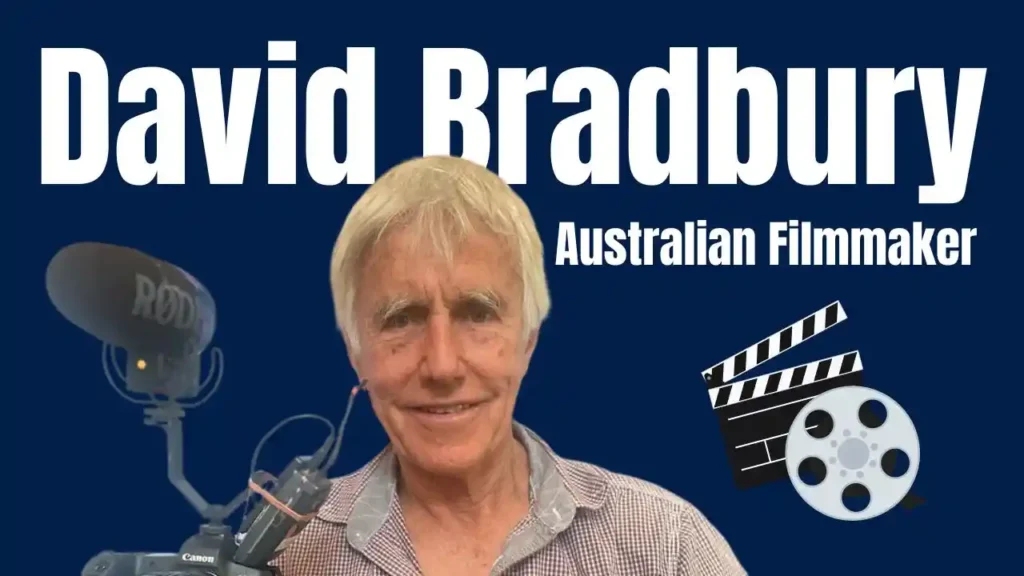Australian filmmaker David Bradbury, known for his impactful documentaries, faces detention and deportation from India amid ongoing political tensions.
Table of Contents
David Bradbury is an acclaimed Australian filmmaker known for his powerful documentaries. His career began in 1972 as a radio journalist with ABC. Since then, he has produced over 21 documentary films, many of which address pressing political issues and the struggles of marginalized communities. His work has garnered multiple awards, including two Academy Award nominations and five Australian Film Industry awards.
Early Life and Career
David Bradbury graduated from the Australian National University with a degree in political science. His background in journalism greatly influenced his filmmaking style. He often focuses on social justice themes, shedding light on issues that mainstream media may overlook.
His first significant film was Front Line, which depicted the life of Australian cameraman Neil Davis during the Vietnam War. This film received an Academy Award nomination and won accolades at various film festivals, establishing Bradbury as a notable figure in documentary filmmaking.
Notable Films
Bradbury’s filmography includes several impactful documentaries:
- Public Enemy Number One: This film follows journalist Wilfred Burchett, who was the first Western reporter to enter Hiroshima after the atomic bomb was dropped. Despite its critical acclaim, it was never aired on Australian television.
- Blowin’ In The Wind: This documentary examines health issues related to military training at Shoalwater Bay, particularly focusing on depleted uranium’s effects.
- A Hard Rain: Released in 2007, this film explores the global nuclear industry and debates whether Australia should adopt nuclear energy.
Other notable works include Chile Hasta Cuando?, Loggerheads, and On Borrowed Time. Each film reflects Bradbury’s commitment to documenting social issues and advocating for change.
Recent Controversy
In September 2024, David Bradbury faced a significant setback when he was detained at Chennai Airport in India. He had traveled there with his two children, intending to visit various sites and pay homage to his late partner. Upon arrival, he was stopped by immigration officials and held for over 24 hours without access to his medication or the ability to contact the Australian embassy.
Bradbury believes that his detention was linked to his previous work covering protests against the Kudankulam Nuclear Power Plant in Tamil Nadu. His 2012 documentary highlighted local opposition to the plant due to safety concerns following events like the Fukushima disaster. During his earlier visit, he faced harassment while documenting these protests.
Despite being issued a visa prior to his trip, he was not allowed entry into India while his children were permitted to continue their journey. This situation raised questions about freedom of expression and the treatment of journalists abroad.
Awards and Recognition
Throughout his career, David Bradbury has received numerous awards for his contributions to documentary filmmaking:
- Best Documentary Film at the Byron Bay International Film Festival for Blowin’ In The Wind (2006).
- Stanley Hawes Award at the Australian International Documentary Conference (2008).
- Multiple honors at various film festivals for his impactful storytelling.
His films have not only entertained but also educated audiences about critical social issues.
David Bradbury remains a significant figure in Australian cinema. His commitment to documenting social justice issues through powerful narratives has earned him both acclaim and controversy. As he navigates challenges like his recent detention in India, Bradbury continues to inspire future generations of filmmakers dedicated to advocacy through art.
Discover more from Majhi Naukri | माझी नोकरी 2025
Subscribe to get the latest posts sent to your email.



